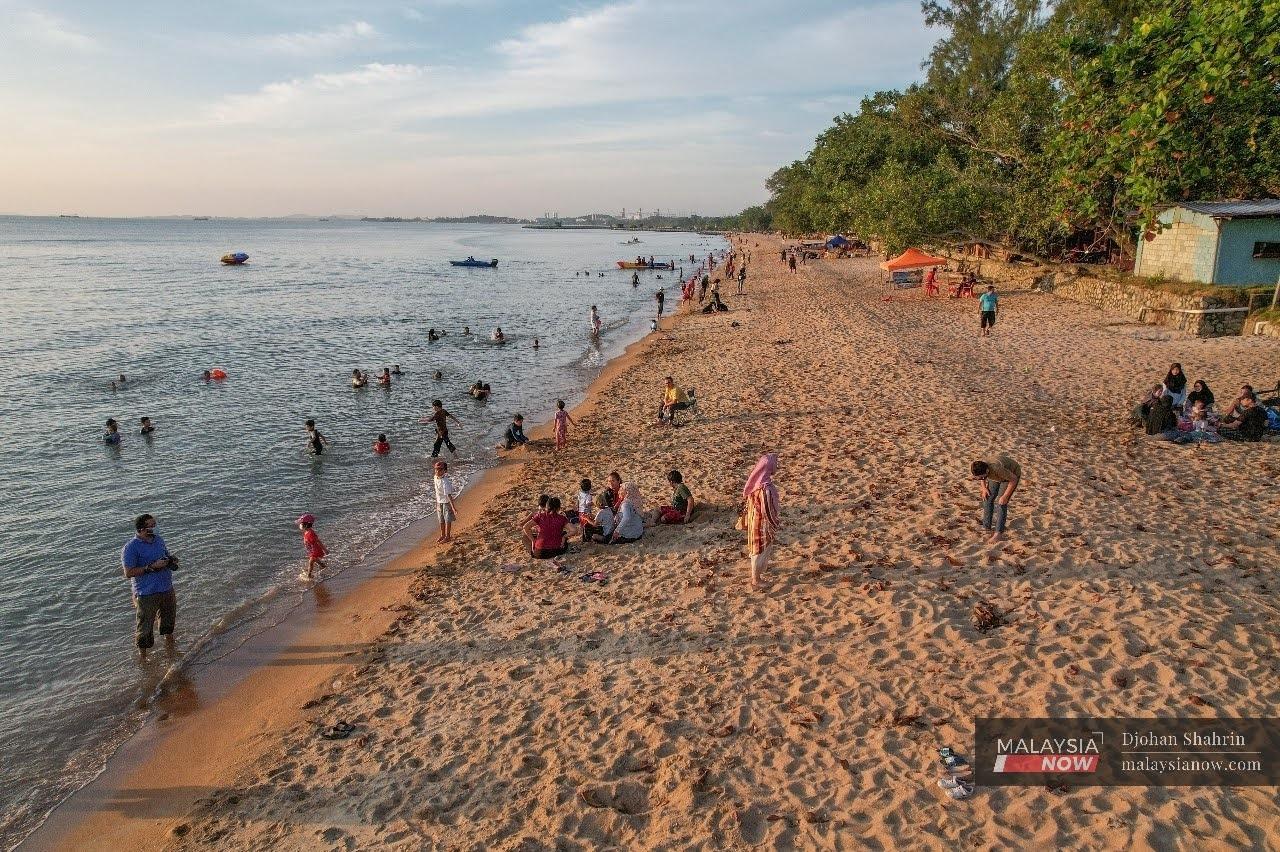China lockdowns, surge in airfare to delay tourism recovery
There is also the lingering threat of Covid-19 infection, experts say.
Just In
While international borders have been officially open for two months now, recovery in the tourism sector is expected to be slow given China’s implementation of lockdowns under its tough “zero Covid” policy, surging flight fares, and ongoing concern about the risk of Covid-19 infection.
Speaking to MalaysiaNow, experts said these factors would mean a gradual recovery instead of a V-shaped rally.
Economist Yeah Kim Leng said the strict lockdowns imposed in China keep citizens from leaving the country, affecting not only domestic tourism but tourism on a global scale as well.
In Malaysia, for example, Chinese visitors account for the bulk of international tourists, and their absence has left industry players struggling to fill the void.
“This is one of the reasons why the tourism sector will not bounce back until the Chinese market reopens,” Yeah, of Sunway University, told MalaysiaNow.
China is the only major country still enforcing its “zero Covid” policy, aimed at eradicating all outbreaks as soon as they occur – even at the cost of lengthy lockdowns such as the one imposed in Shanghai two months ago, from which residents are only now beginning to emerge.
Malaysia, on the other hand, reopened its borders in April for the first time since the start of the pandemic, a move hailed by industry players who had long been hampered by the restrictions on movements and the lack of international visitors.
Many were optimistic that the decision, which coincided with the start of Malaysia’s transition to the endemic phase of Covid-19, would see the revival of the tourism industry which had been struggling since the first virus outbreak in early 2020.
But Yeah said recovery in the tourism sector would also be affected by the increase in flight fares in the wake of the surge in oil prices.
He said airfares, which are usually influenced by oil price movements, are only expected to increase due to current developments.
“Besides, not all countries are reopening their borders,” he said. “And there is still the risk of Covid-19 infection among elderly travellers, even though they have been fully vaccinated.”
On the emergence of the monkeypox virus which has been detected in a number of countries, mostly in Europe, Yeah said it was still too early to say whether it would affect recovery in the tourism sector as well.
“If the virus is found to be dangerous like Covid-19, we might expect the same effect,” he said.
“For now, though, it is better to wait for updates from the health ministry.”
The Solidarity Association for Travel and Tours Agency Malaysia meanwhile said the target was now tourists from the Middle East, given China’s strict virus measures.
While smaller in number, association president Fathir Badri Alhadad said, Middle Eastern visitors spent the most.
“They hold the highest record in terms of holidays that last for more than 10 nights, and their per capita expenditure is also the highest,” he told MalaysiaNow, adding that efforts to attract tourists from these countries were in full swing.
Fathir estimates that more will come to Malaysia in June, with the arrival of summer. Already, industry players have begun receiving reservations from tour groups, he added.
He said the drop in ringgit value would help attract foreign tourists as well, as it would offset the impact of rising prices in their own countries.
“We don’t need to worry too much about monkeypox,” he added.
“No cases have been found in the country yet, so there’s no need to worry about what’s not there.”
Subscribe to our newsletter
To be updated with all the latest news and analyses daily.
